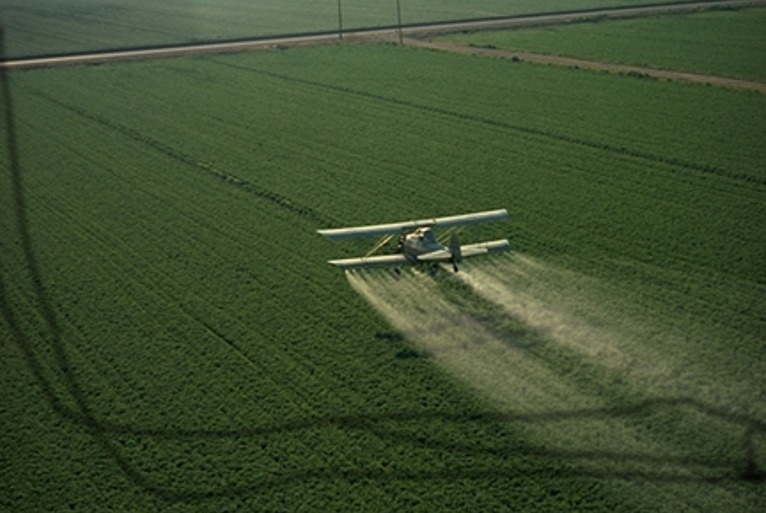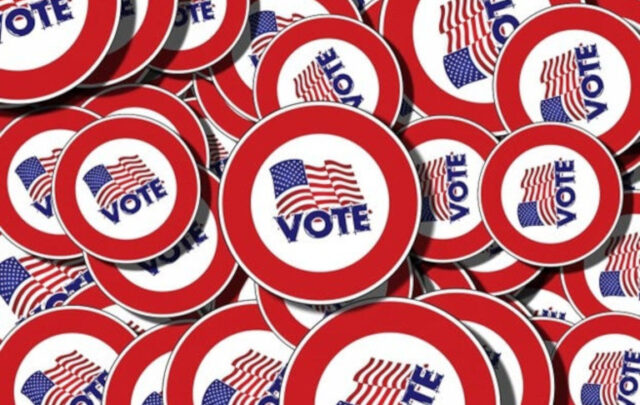Swiss psychologist Carl Jung pointed out that when guilt is assigned to one person for a misdeed, it can weigh heavily on that person. But when guilt is assigned to millions, the burden becomes so light that it is easy to ignore. The general response is, “What can one person do? How can my actions really matter that much?”
See how that works! And, now we have an entire society drenched in synthetic chemicals and people feel powerless to do anything about it. And, the people who make those chemicals may feel that same way. If only one company tries to do something about it, the total picture will remain essentially the same (and the company will probably be penalized in the marketplace as it plays by its own more costly rules). But, on reflection, I think most of those who make these chemicals would deny or minimize their harm.
It shouldn’t be much of a surprise then to find out that teenagers are being exposed to two popular herbicides glyphosate and 2,4-dichlorophenoxyacetic acid (2,4-D) and the widely used insect repellent DEET and suffering from poorer brain function. Researchers also opined that the rise in chronic conditions among young people may be related to ever increasing chemical exposures.
Then, in the helpless department, the U.S. agency tasked with actually regulating toxic chemicals took a pass on testing the inactive ingredients that chemical manufacturers are putting into their products which may, in fact, increase toxicity of the active ingredients or be toxic themselves. The U. S. Environment Protection Agency said it is not required to evaluate inactive ingredients and besides, there are so many pesticide formulas, the agency cannot check them all for safety.
The problem of our chemically saturated society is not new. Perhaps the clearest warning came in 1996 when researchers reported on the deleterious effects of even extremely low concentrations of chemical toxins in the environment on the human endocrine system. They published their findings on endocrine disruption in a ground-breaking book entitled Our Stolen Future.
Here we are almost 30 years later. The stolen future has arrived, and it looks very, very bad. So, the question arises: Who stole a healthy future from the public and especially the young? The easy answer is the chemical industry, and that industry certainly deserves the lion’s share of the blame. But the acquiescence of so many government officials, farmers and business and ordinary consumers aided and abetted that theft.
Of course, with the blame spread so thin among so many people, it’s easy for any one actor to ignore the problem and simply move forward with business as usual.
Photo: Cropduster spraying pesticides in California. USDA Photo by: Charles O’Rear via Wikimedia Commons https://commons.wikimedia.org/wiki/File:Cropduster_spraying_pesticides.jpg






